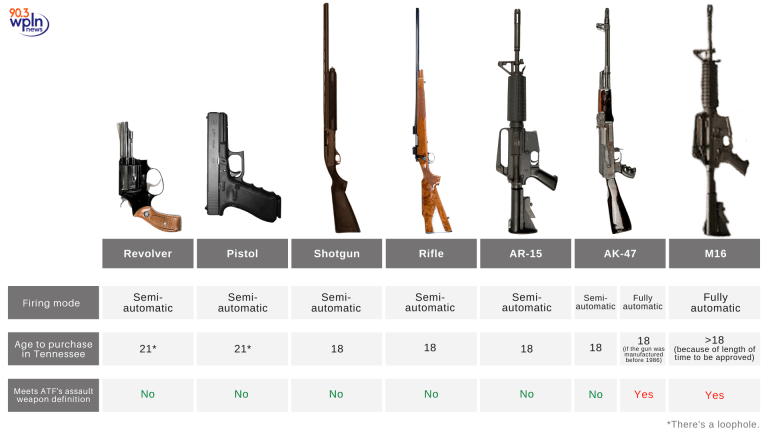Buying a Machine Gun Legally

Introduction to Machine Gun Ownership

In the United States, the process of buying a machine gun legally is complex and heavily regulated. The laws surrounding machine gun ownership are outlined in the National Firearms Act (NFA) of 1934 and the Firearm Owners Protection Act (FOPA) of 1986. These laws dictate who can own a machine gun, the types of machine guns that can be owned, and the procedures for acquiring them. Potential owners must navigate this regulatory landscape carefully to ensure they are in compliance with all federal and state laws.
Understanding the National Firearms Act (NFA)

The NFA is a federal law that imposes a tax on the manufacture and transfer of certain firearms, including machine guns. It requires that individuals who wish to own a machine gun register it with the Bureau of Alcohol, Tobacco, Firearms and Explosives (ATF). The registration process involves submitting an application, paying a tax, and undergoing a background check. The NFA also restricts the ownership of machine guns to those that were manufactured and registered before May 19, 1986, for civilian ownership. This means that machine guns made after this date are generally not available for purchase by civilians, except in very limited circumstances.
Types of Machine Guns for Civilian Ownership

For civilians, the primary types of machine guns that can be owned are those that were lawfully possessed and registered before the cut-off date of May 19, 1986. These machine guns are often referred to as “transferable” machine guns because they can be sold and transferred to other eligible civilians. There are also “pre-May” samples, which are machine guns manufactured before May 19, 1986, but not registered until after that date. However, these can only be owned by certain individuals, such as law enforcement officers or for use in a military or police department. Post-May machine guns, manufactured after May 19, 1986, are generally restricted to military, law enforcement, and limited other uses, and are not available for civilian purchase.
Steps to Purchase a Machine Gun Legally

To purchase a machine gun legally, an individual must follow a series of steps: - Ensure Eligibility: The buyer must be at least 21 years old, a resident of the United States, and not prohibited from possessing firearms under federal or state law. - Find a Licensed Dealer: The machine gun must be purchased from a licensed dealer who has the necessary federal firearms licenses, including a Special Occupational Tax (SOT) Class 3 license, which allows them to deal in NFA firearms. - Choose the Machine Gun: Select a machine gun that is legally available for civilian ownership, typically a pre-May 19, 1986, model. - Background Check and Approval: The buyer must undergo a thorough background check by the ATF. This involves submitting Form 4, which includes fingerprinting and a photograph, and paying the required transfer tax. - Registration: Once approved, the machine gun must be registered in the buyer’s name with the ATF.
State and Local Laws

In addition to federal laws, state and local laws must also be considered. Some states prohibit the ownership of machine guns outright, while others may impose additional regulations or restrictions. It is essential for potential buyers to understand the laws in their jurisdiction before attempting to purchase a machine gun.
Cost and Considerations

The cost of buying a machine gun can be significant. Transferable machine guns are rare and highly sought after, which can drive up their price. Additionally, the process of purchasing a machine gun involves various fees, including the transfer tax and costs associated with the background check and registration. Before making a purchase, buyers should also consider the cost of maintaining and storing the machine gun, as well as any additional legal or insurance requirements.
| Type of Machine Gun | Availability for Civilian Ownership | Notes |
|---|---|---|
| Pre-May 19, 1986 | Transferable | Rare and highly regulated |
| Post-May 19, 1986 | Generally not available | Restricted to military, law enforcement, and limited other uses |

🚨 Note: The laws and regulations surrounding machine gun ownership are subject to change, and it is the responsibility of the owner to ensure compliance with all applicable laws.
Conclusion and Final Thoughts

The process of buying a machine gun legally is intricate and involves strict adherence to federal and state laws. Potential buyers must navigate the complex regulatory landscape, ensuring they meet all eligibility requirements and follow the proper procedures for acquisition. Given the rarity and high demand for transferable machine guns, along with the significant regulatory hurdles, owning a machine gun is not a decision to be taken lightly. It requires a deep understanding of the laws, a commitment to safety and responsibility, and a willingness to comply with all legal and regulatory requirements.
What is the main federal law regulating machine gun ownership in the United States?

+
The main federal laws regulating machine gun ownership are the National Firearms Act (NFA) of 1934 and the Firearm Owners Protection Act (FOPA) of 1986.
Can anyone buy a machine gun in the United States?

+
No, not anyone can buy a machine gun. The buyer must meet specific eligibility criteria, including being at least 21 years old, a resident of the United States, and not prohibited from possessing firearms under federal or state law.
What types of machine guns can civilians own?

+
Civilians can primarily own machine guns that were manufactured and registered before May 19, 1986. These are known as “transferable” machine guns because they can be sold and transferred to other eligible civilians.



